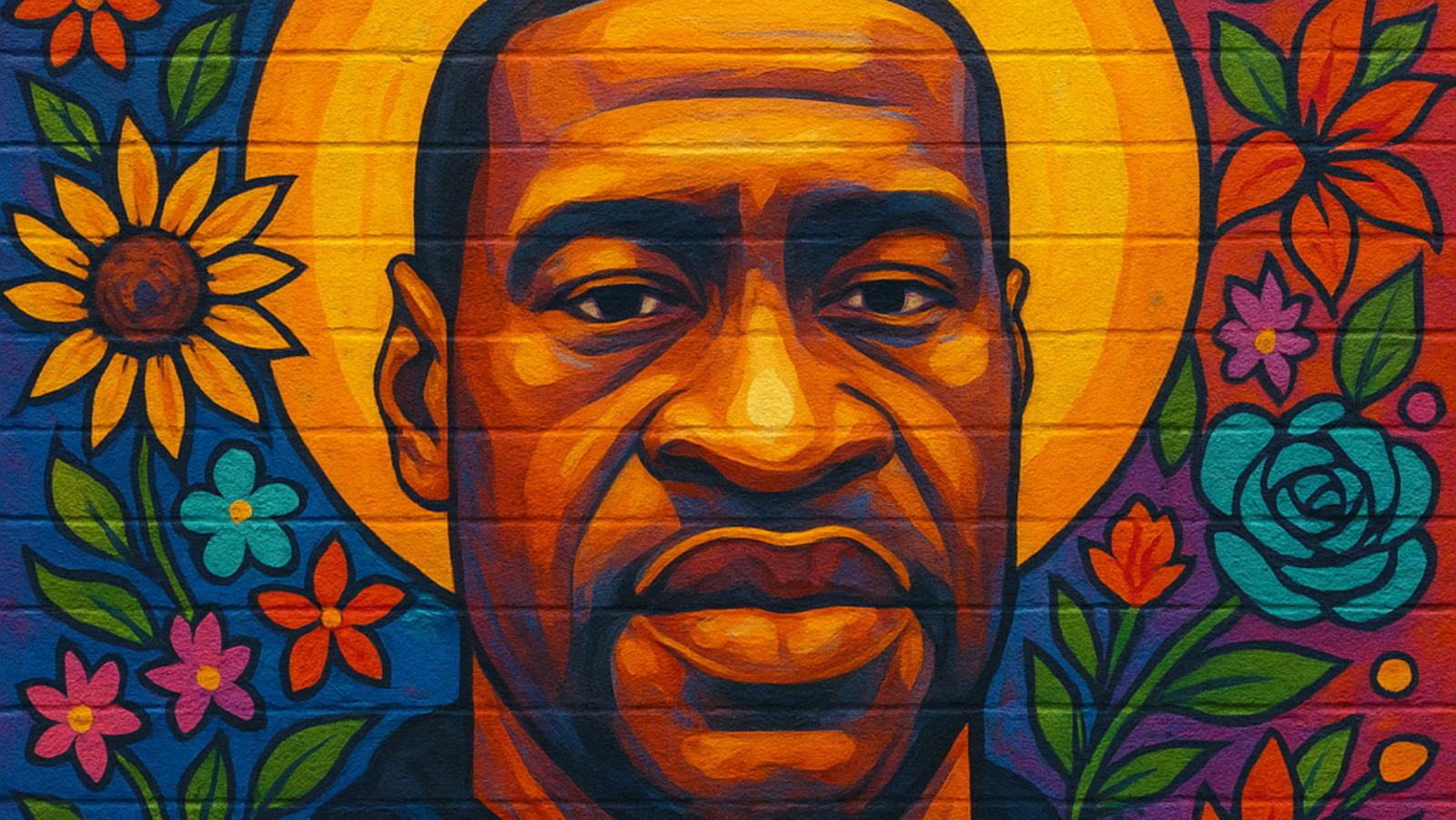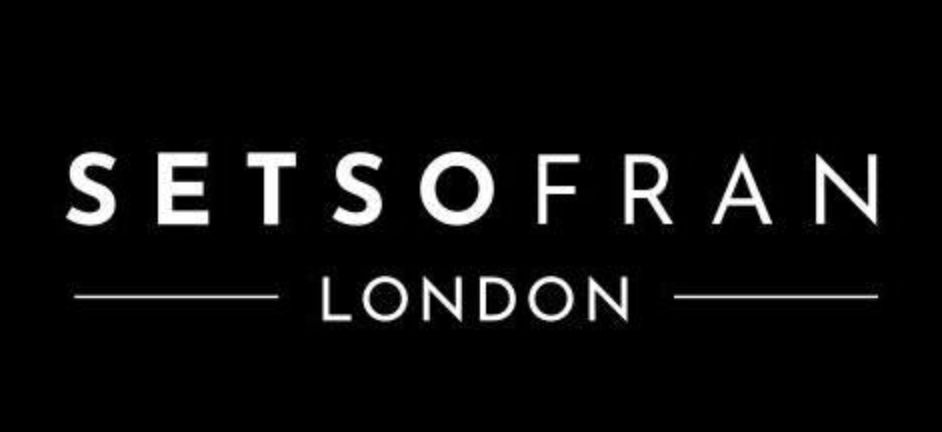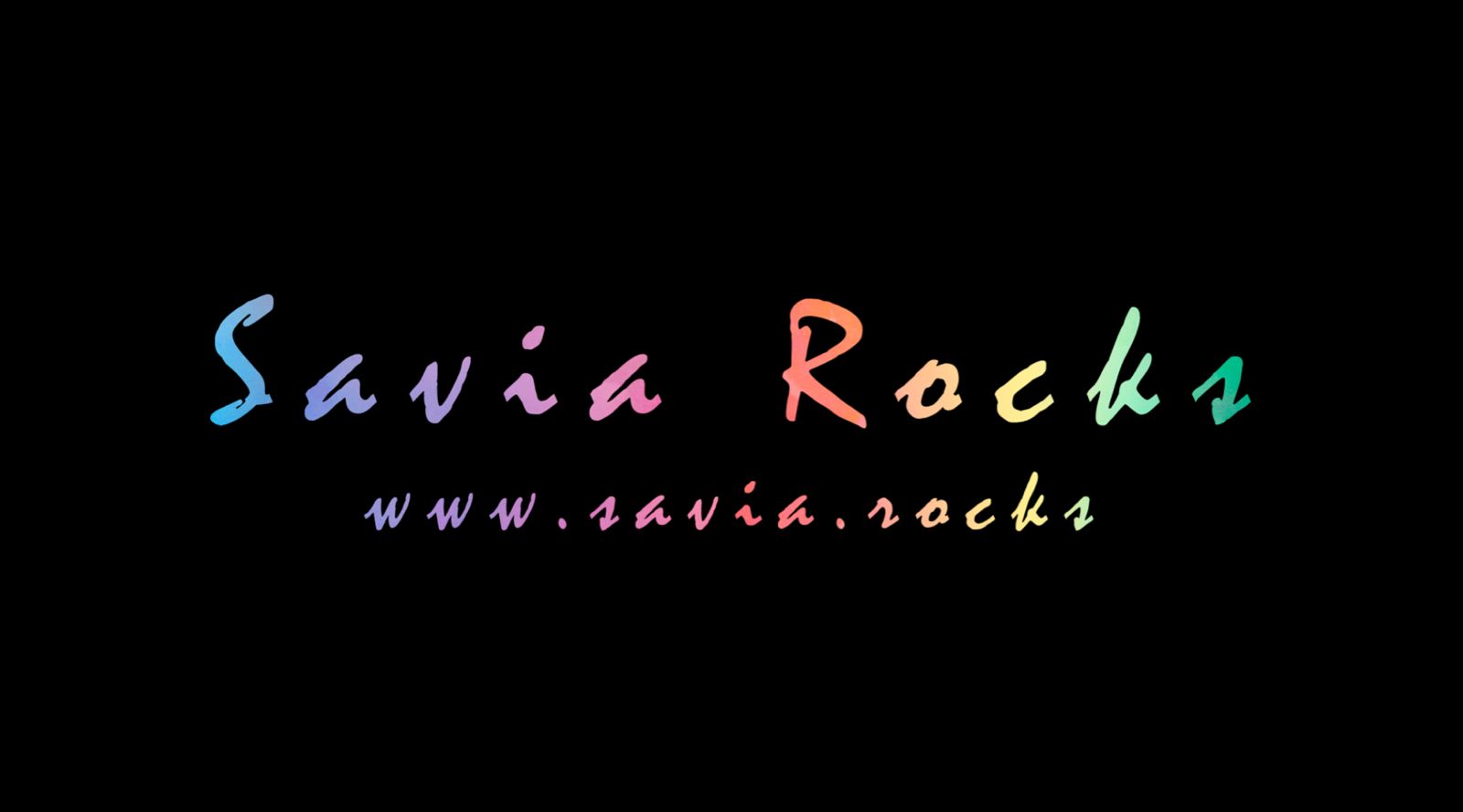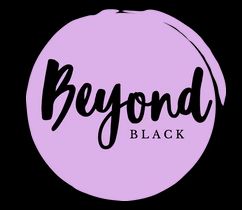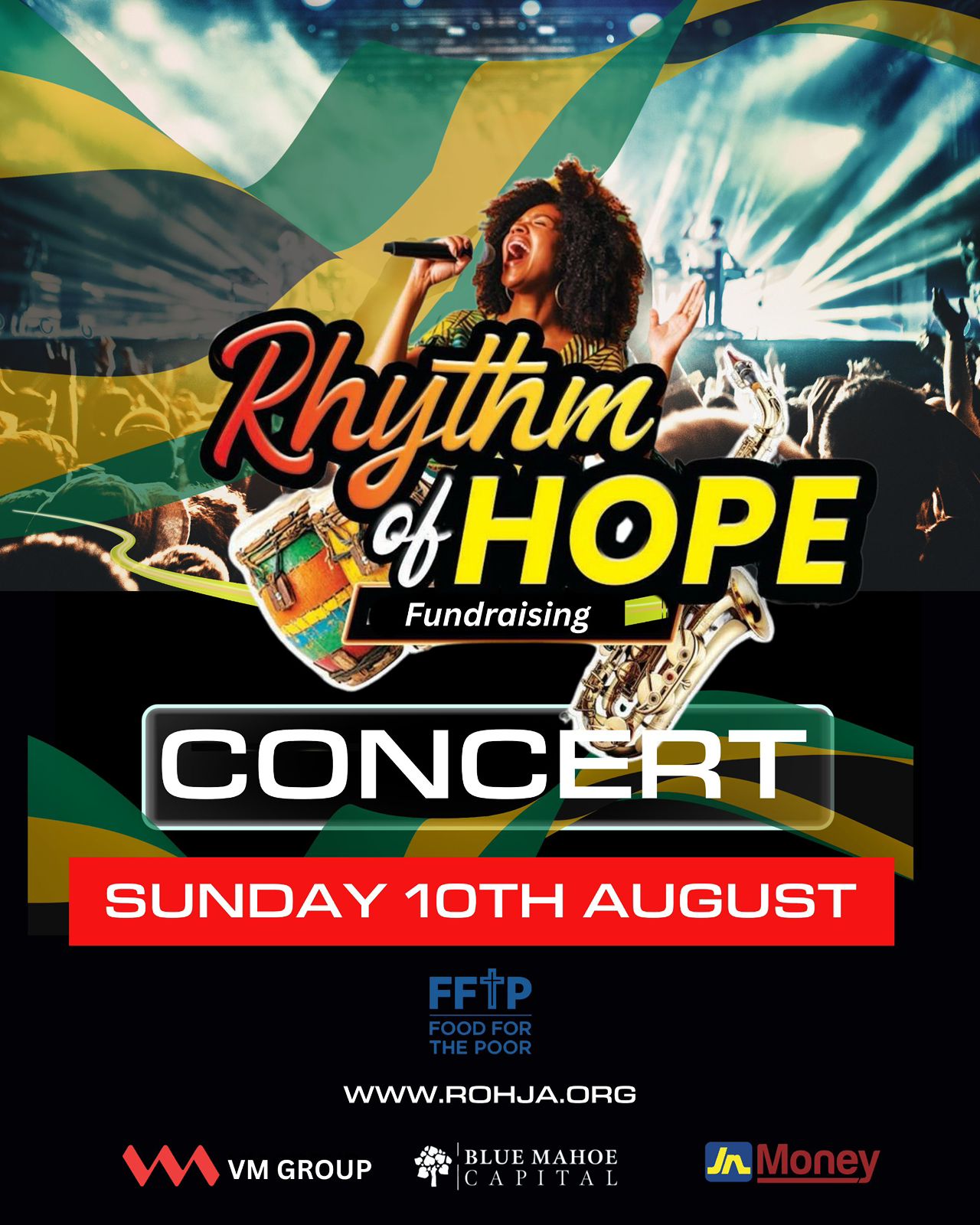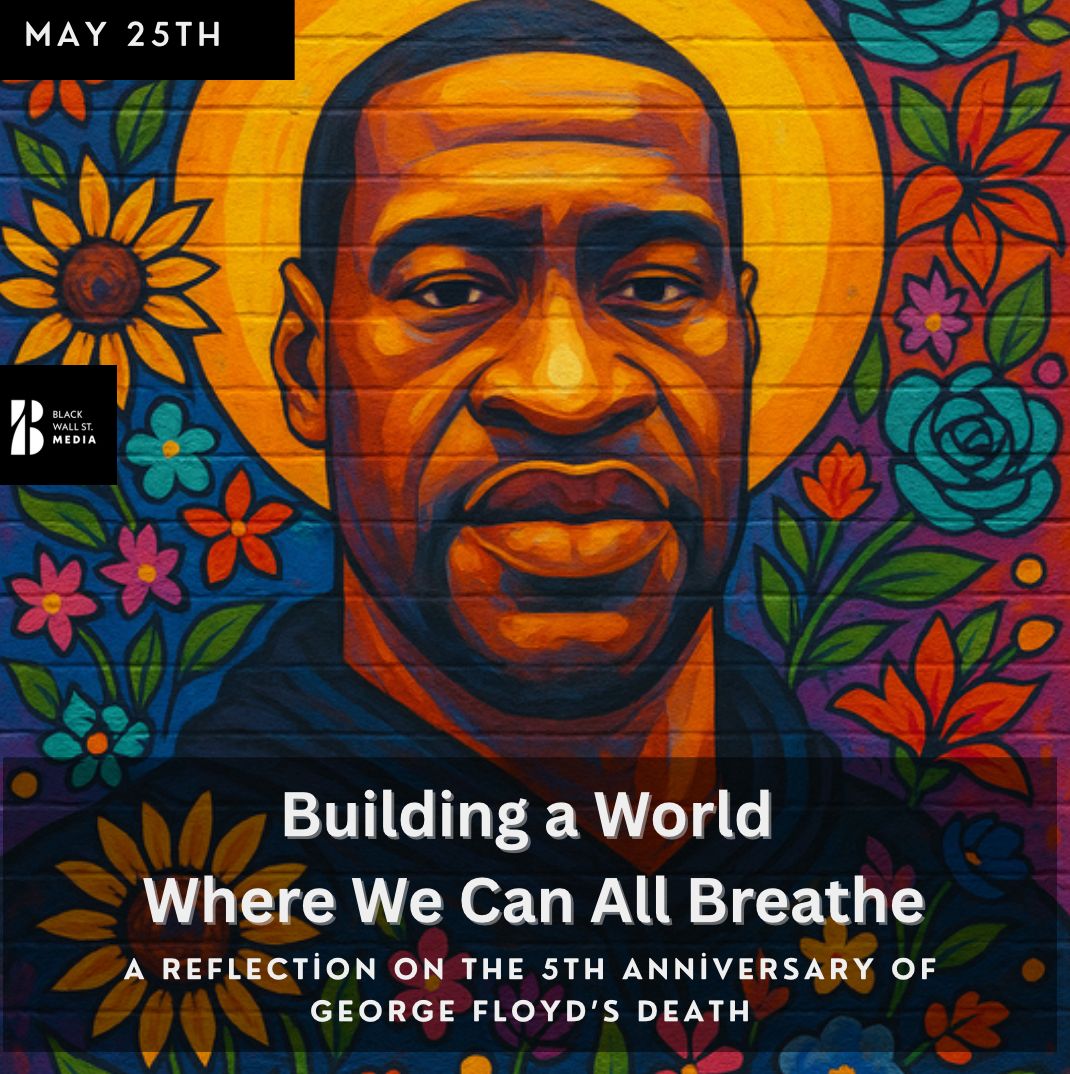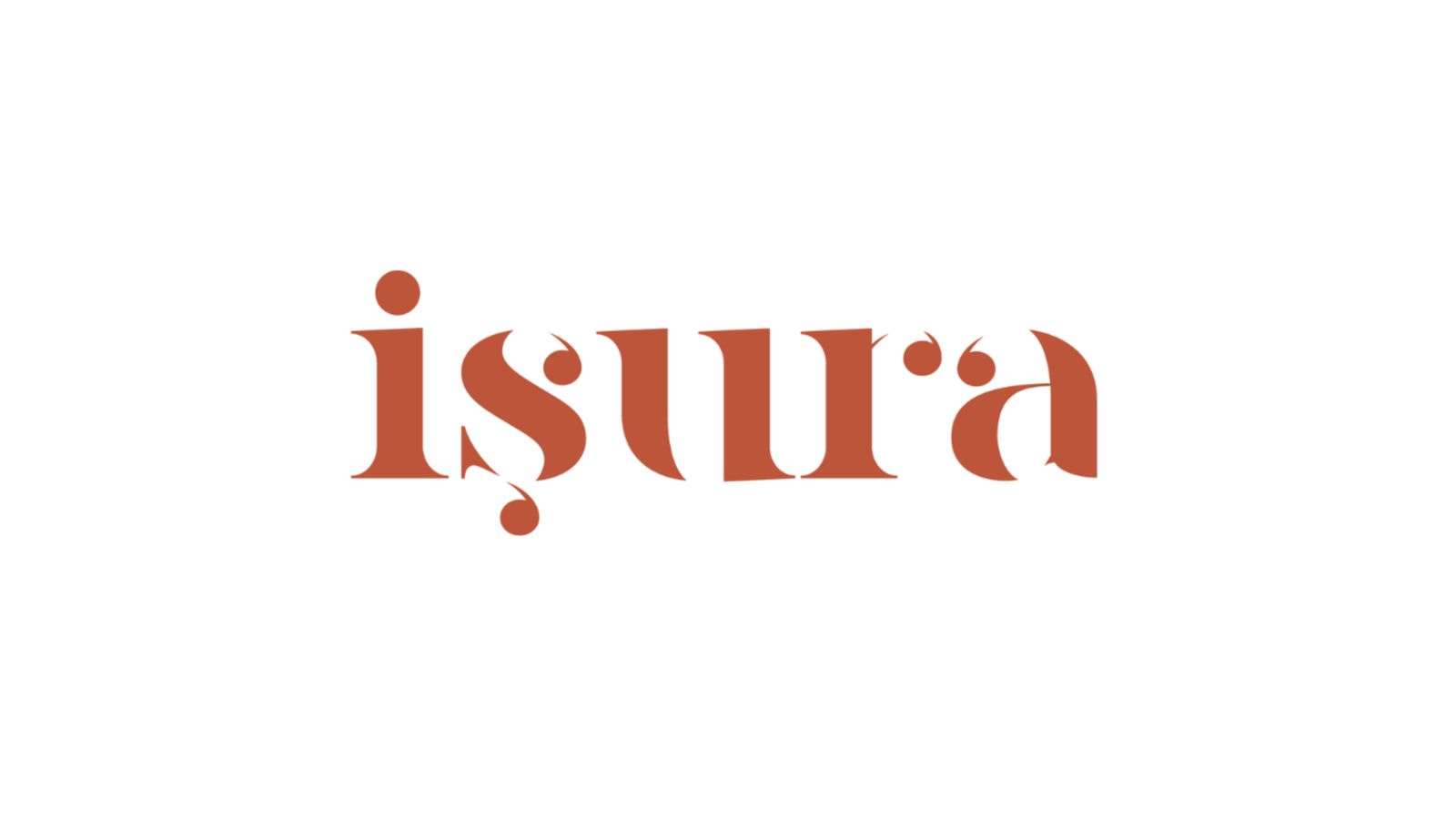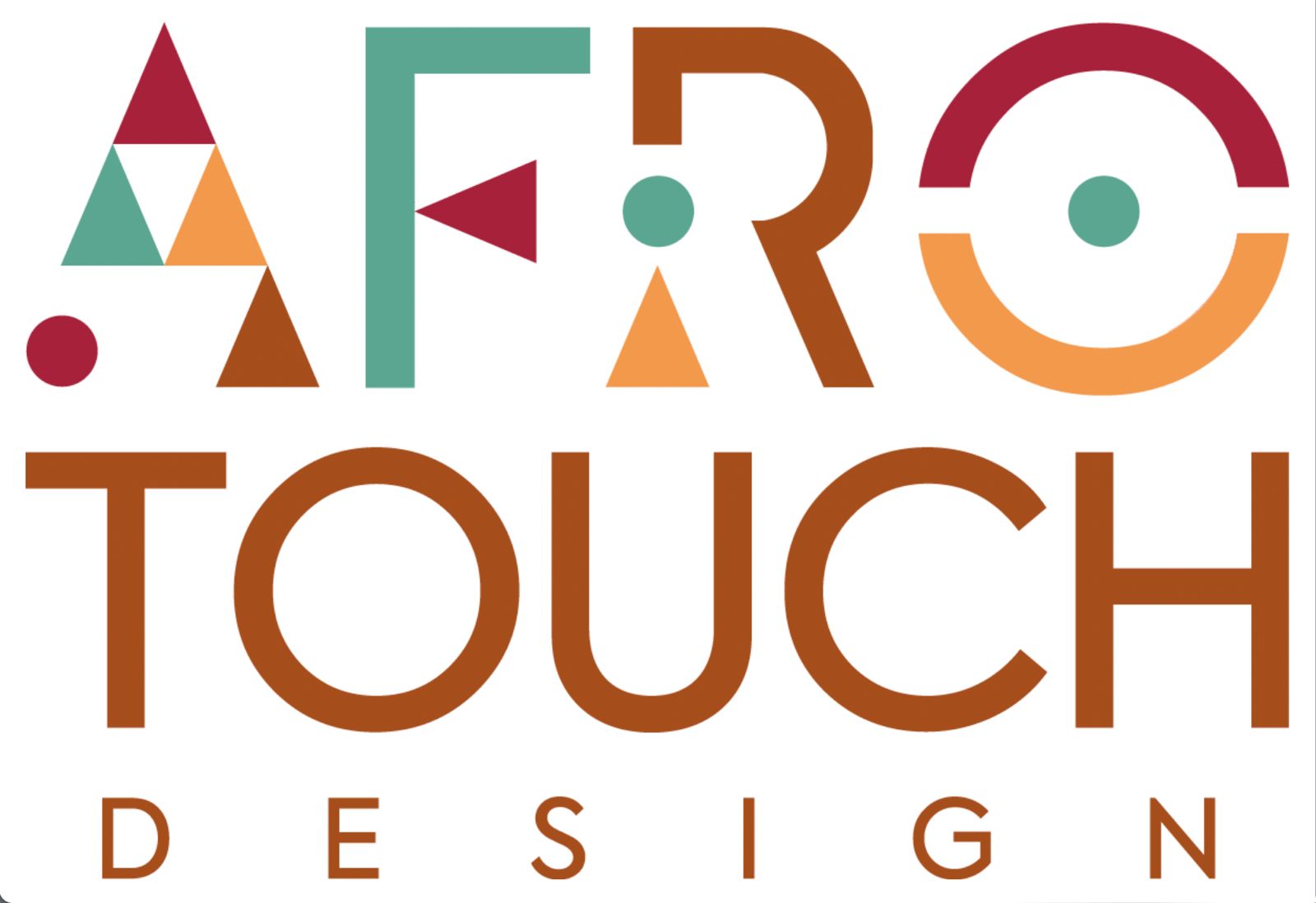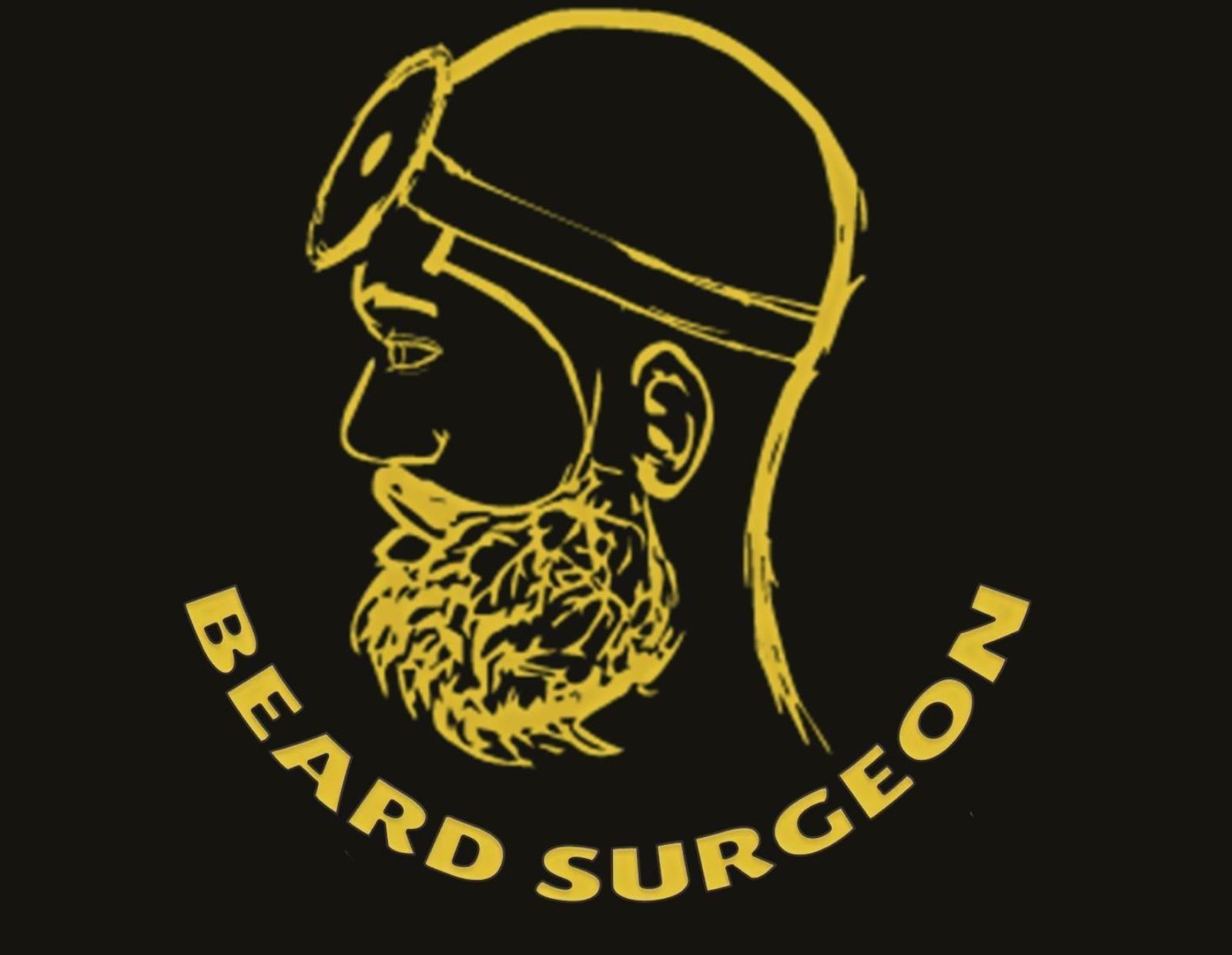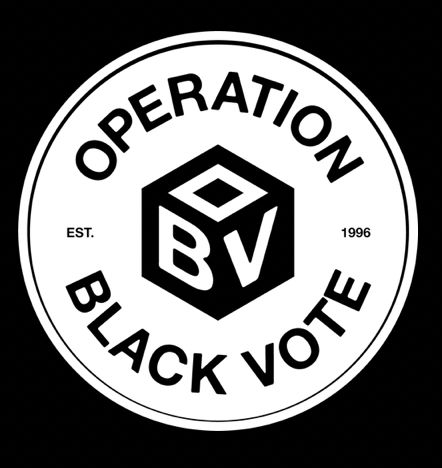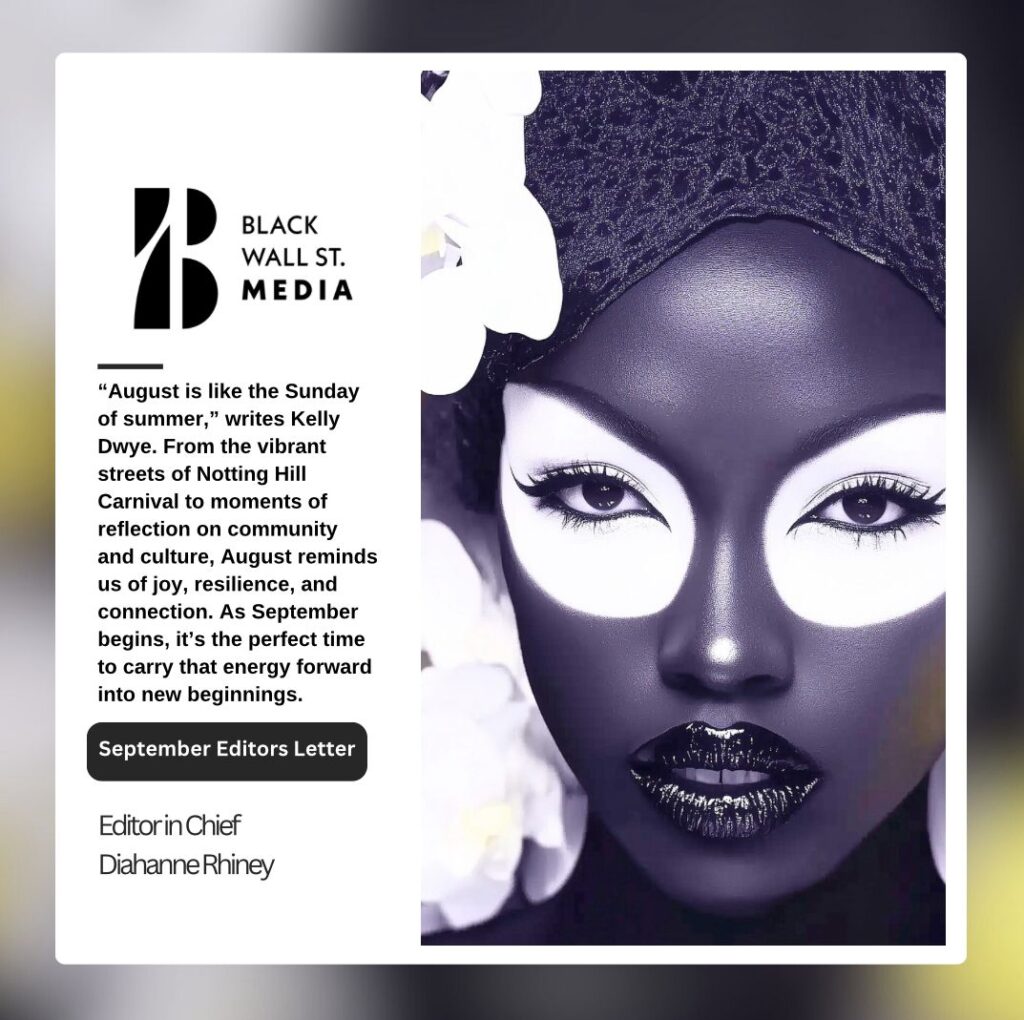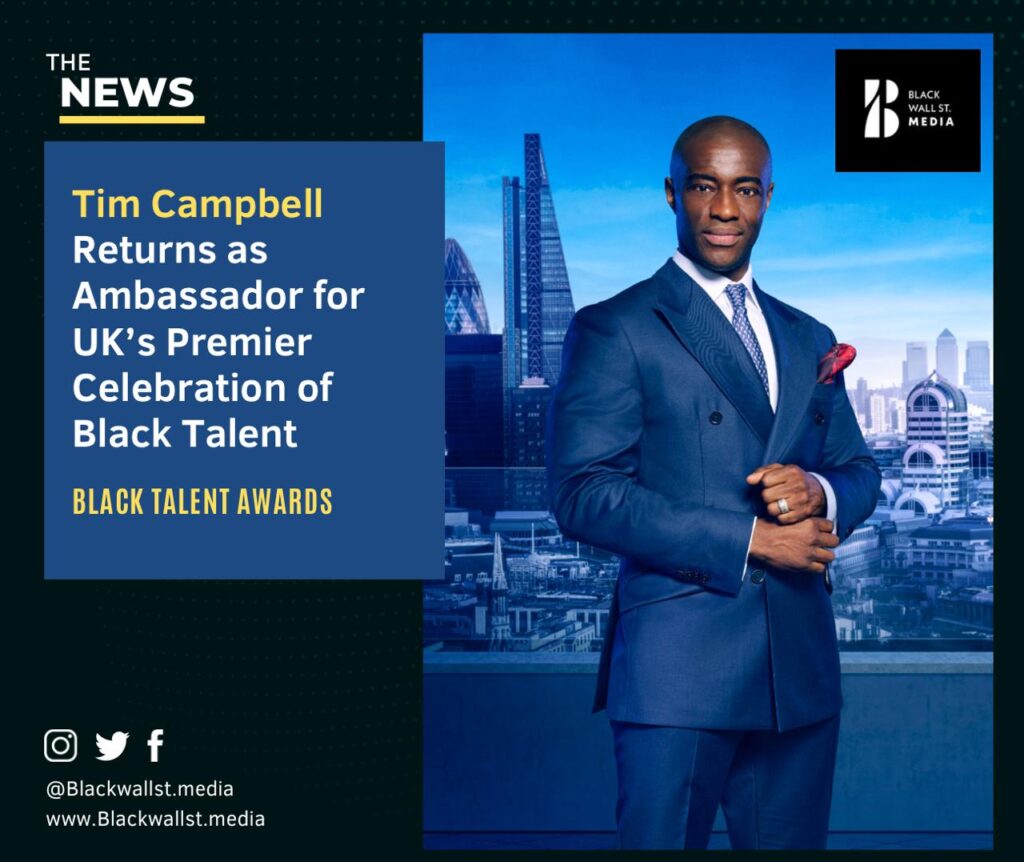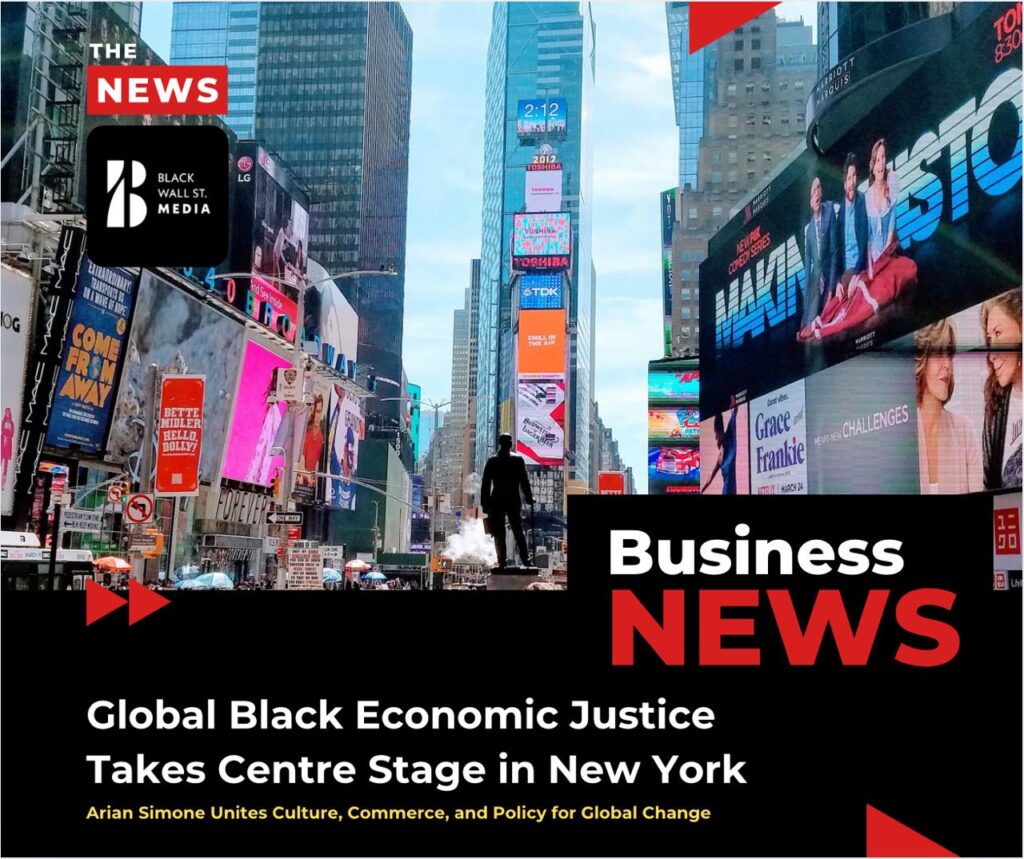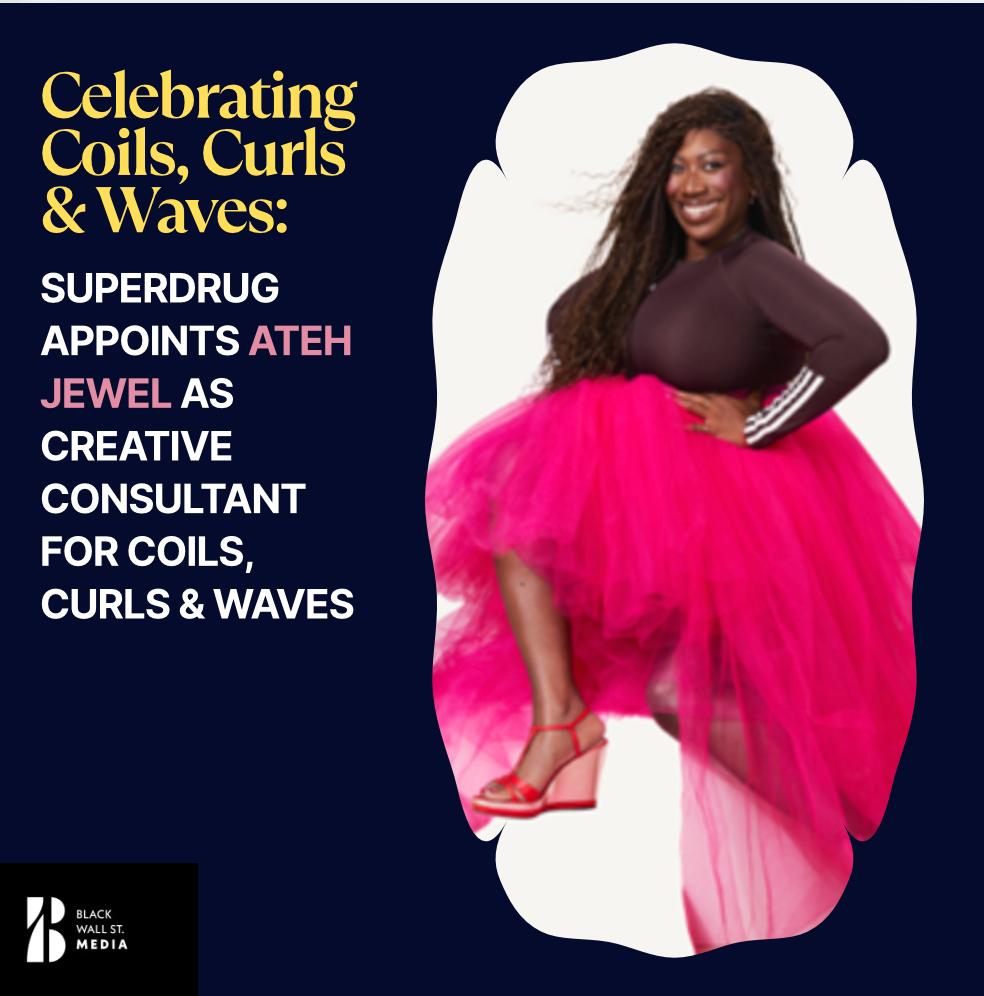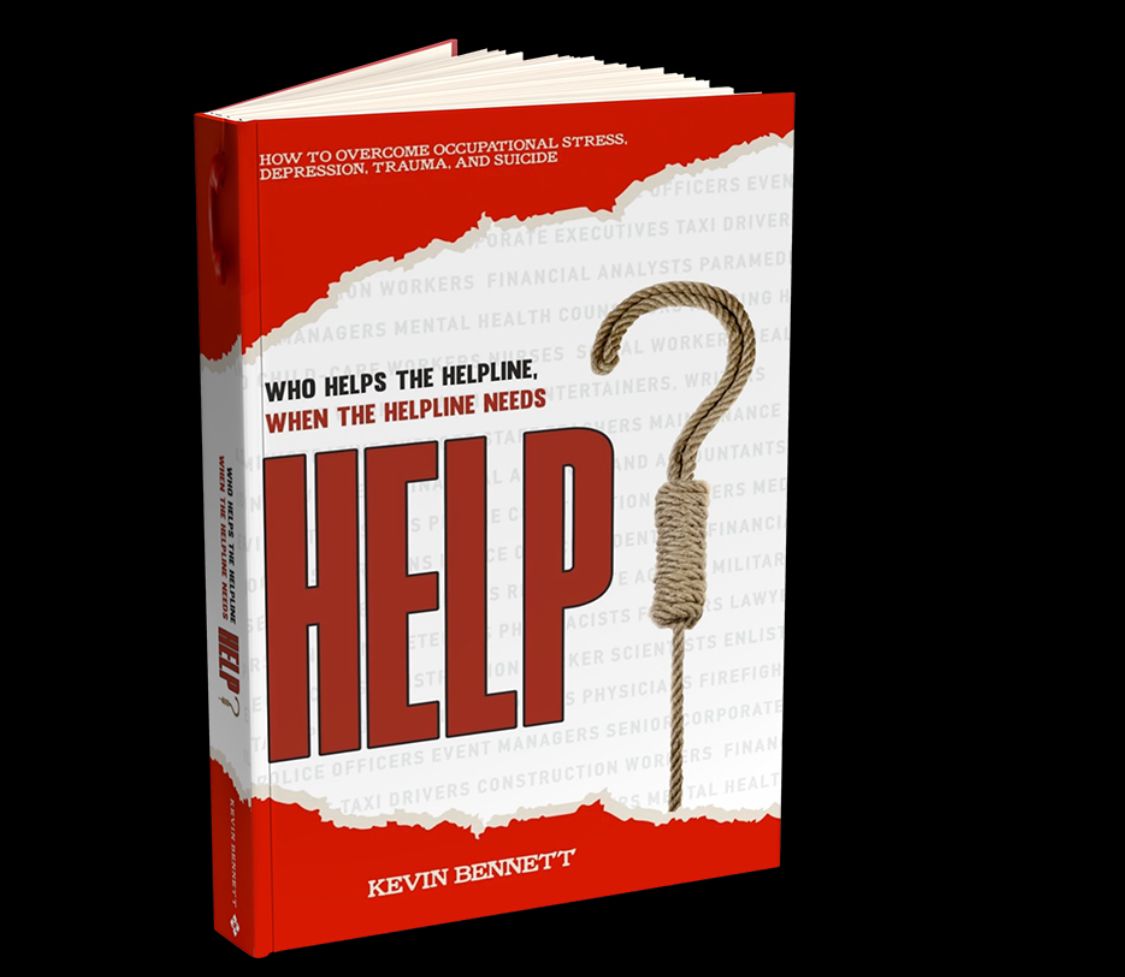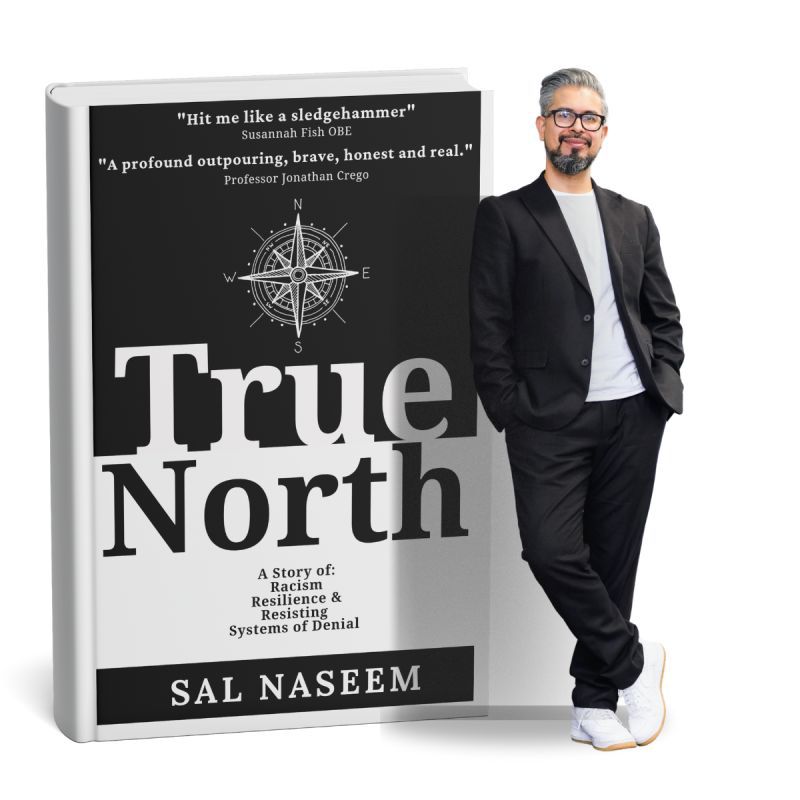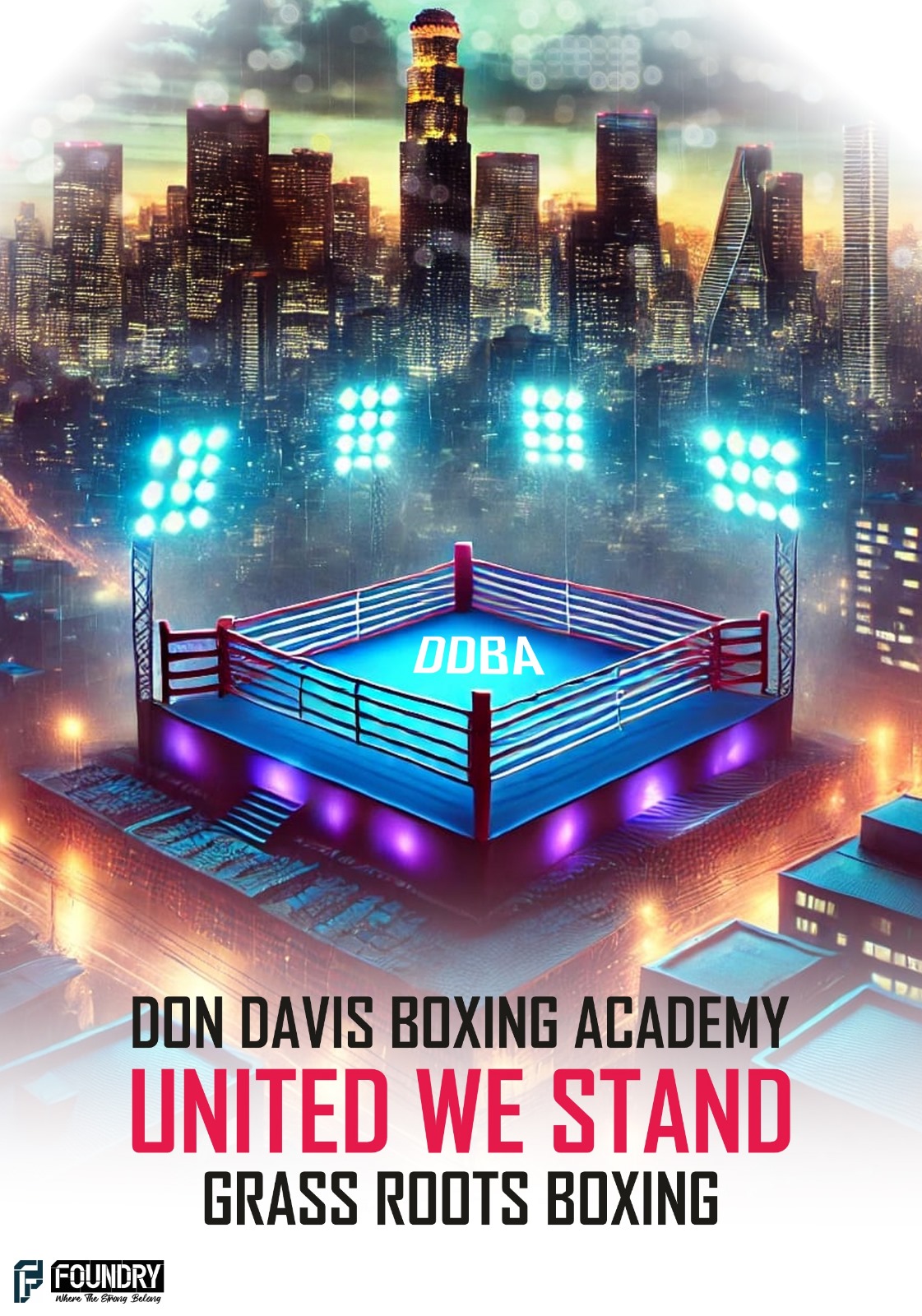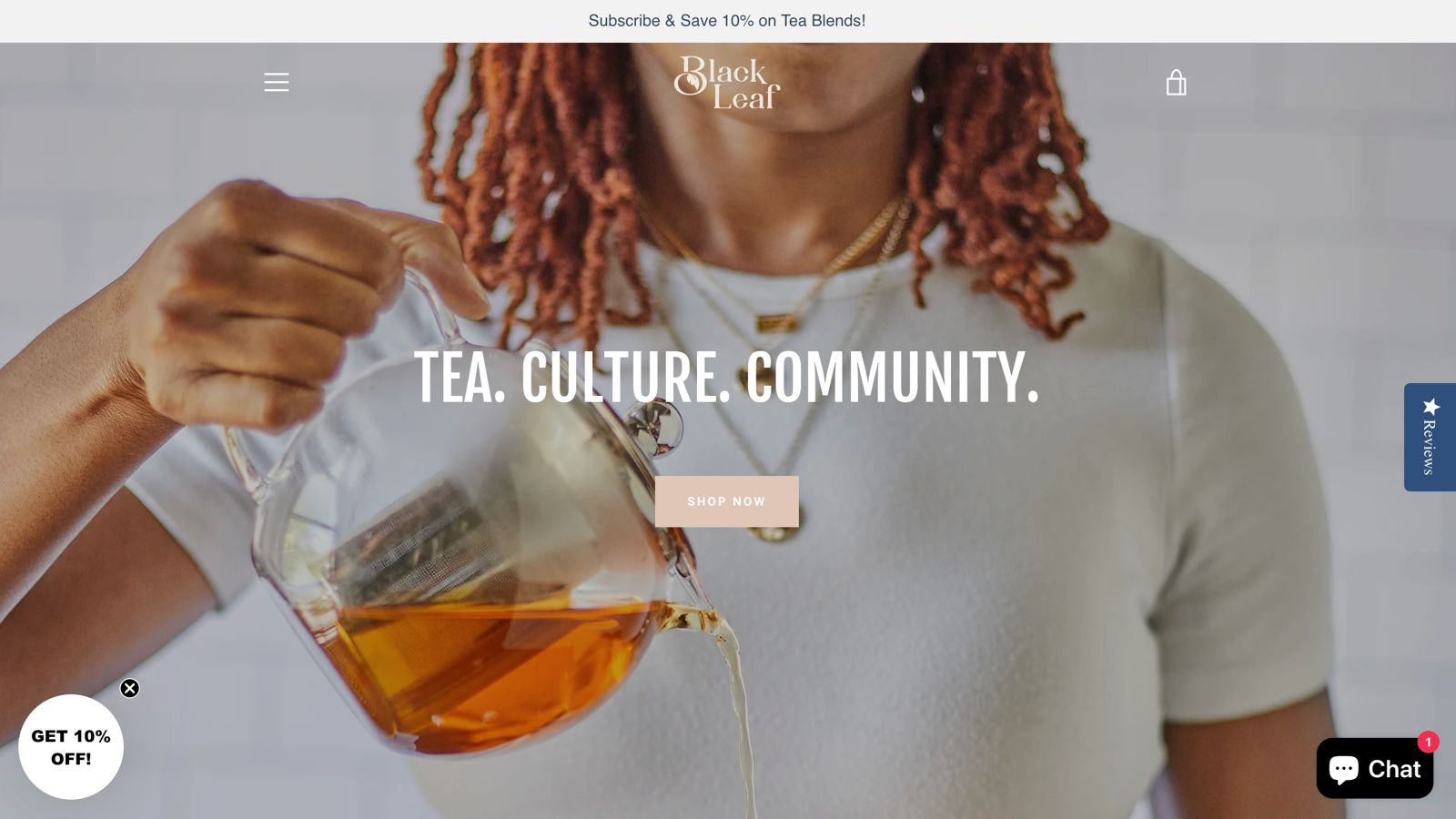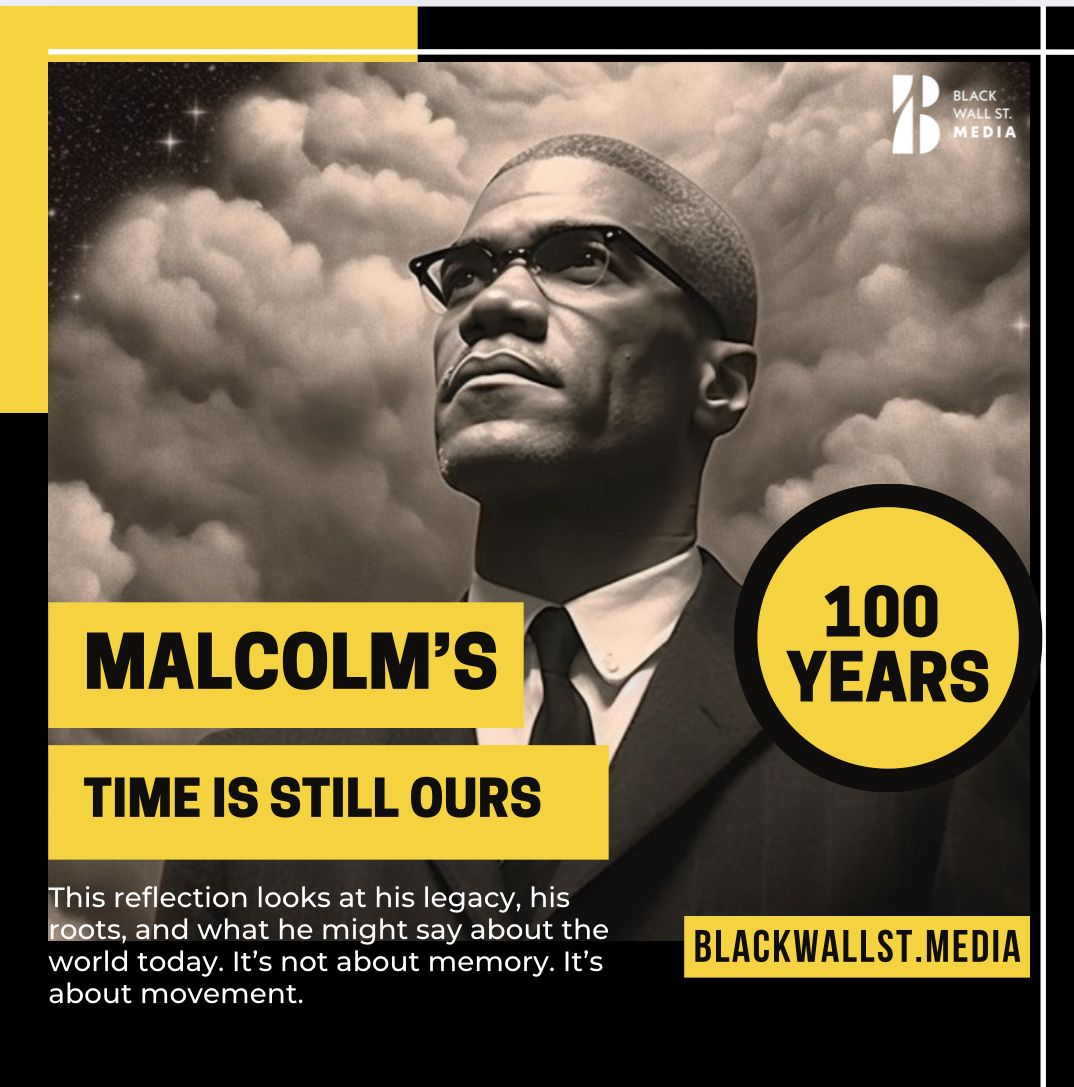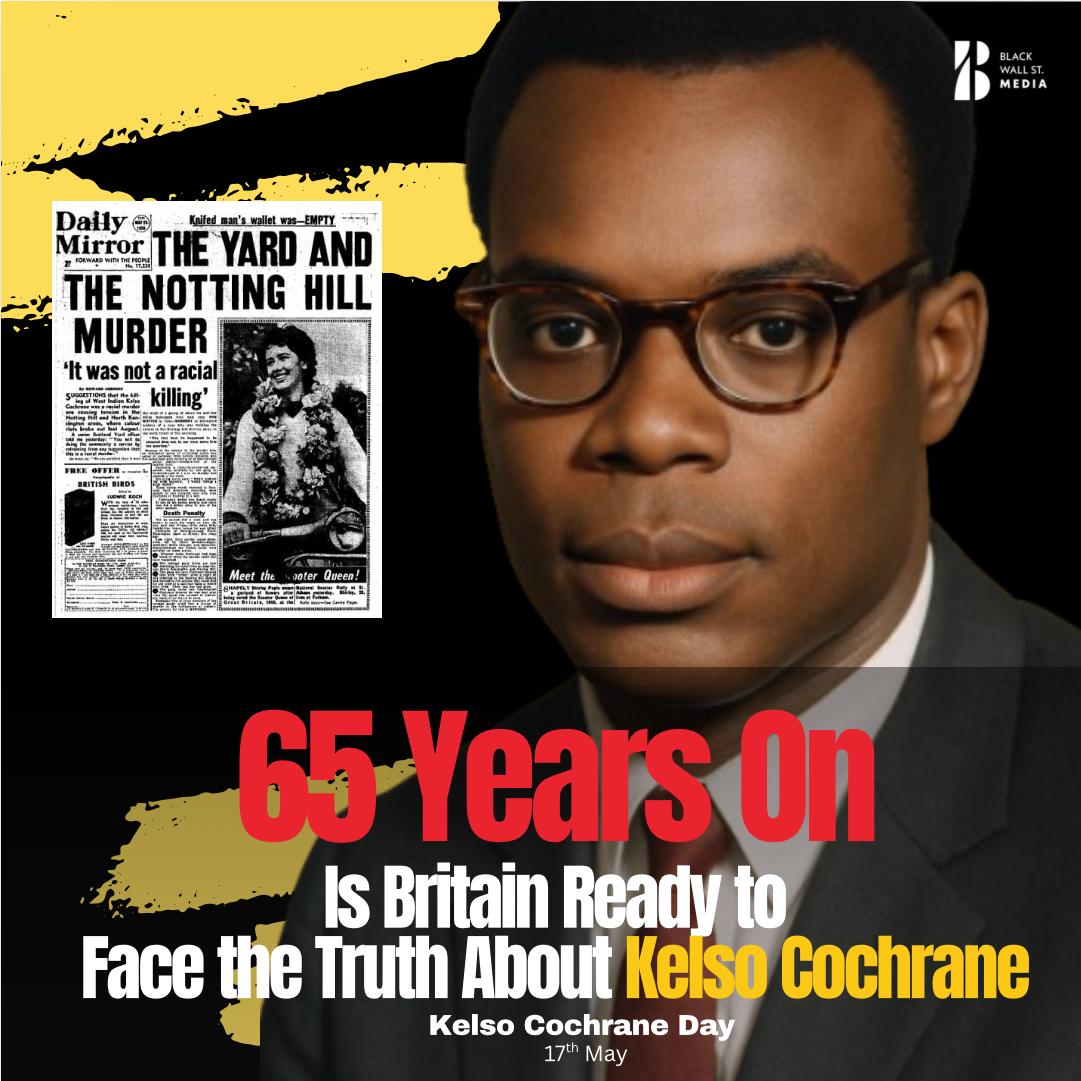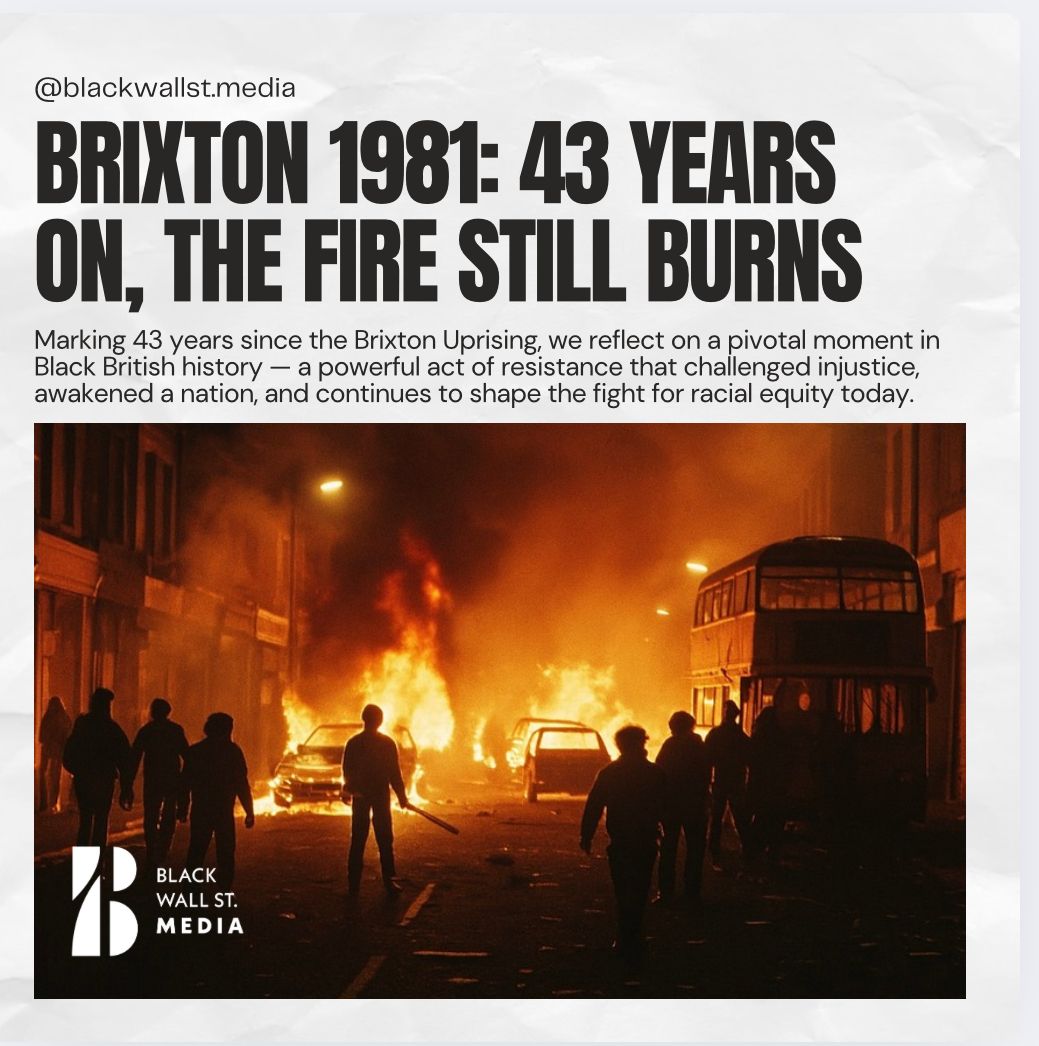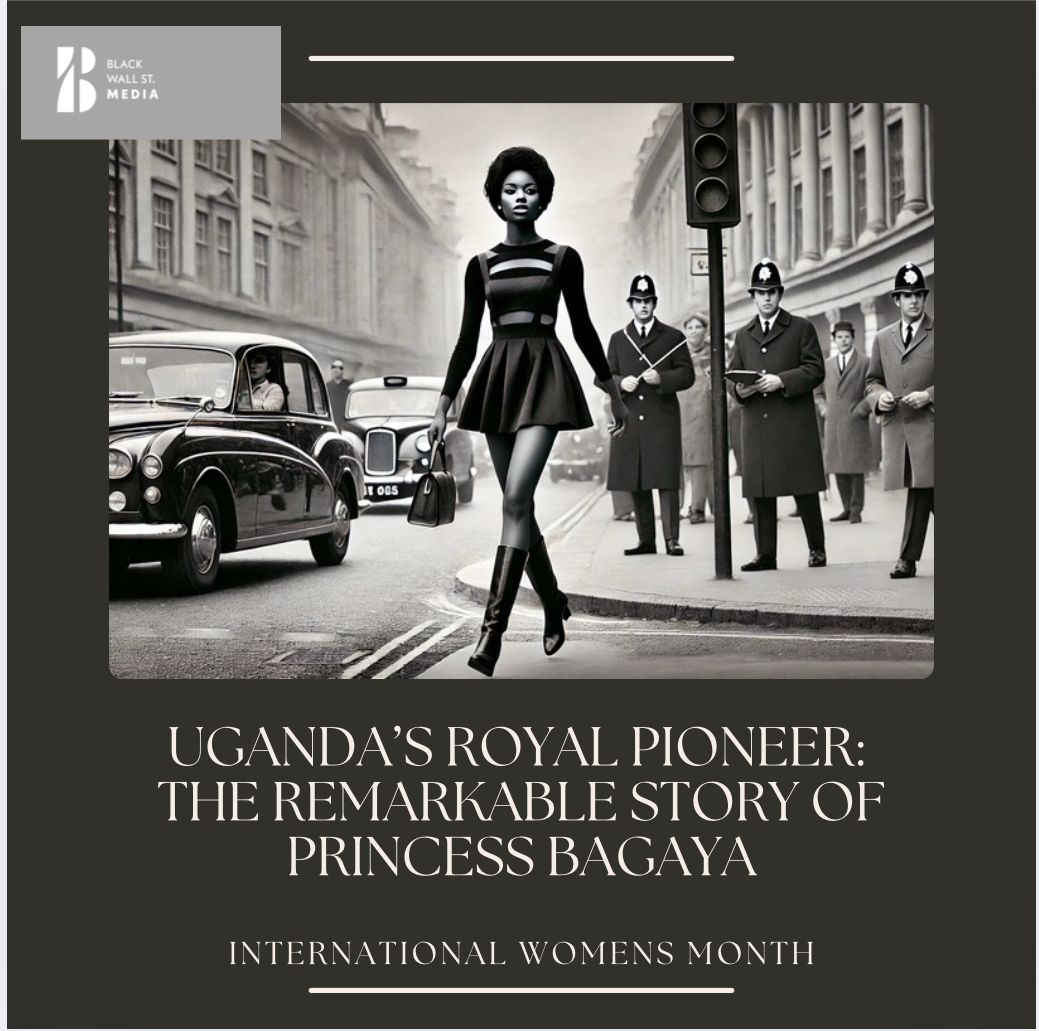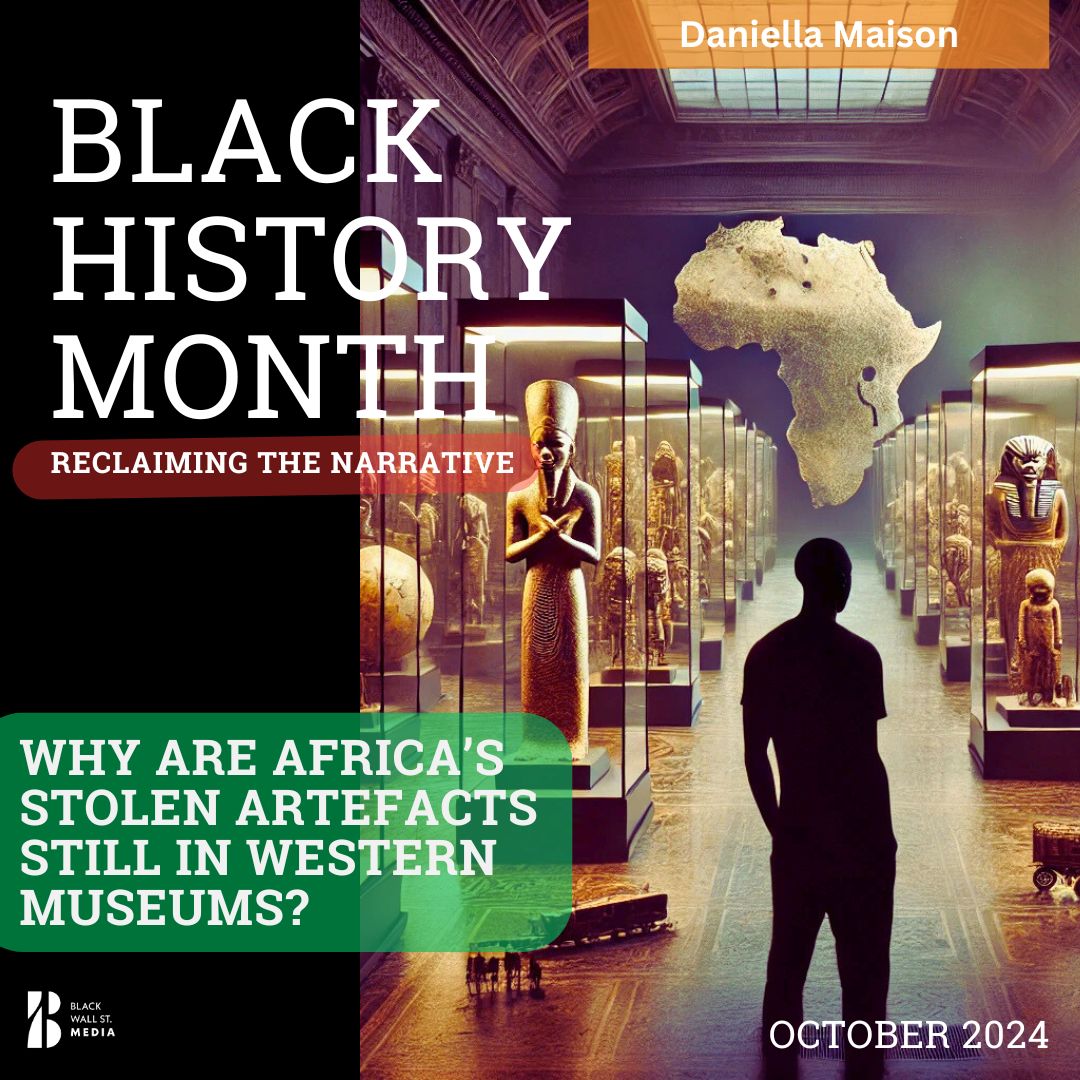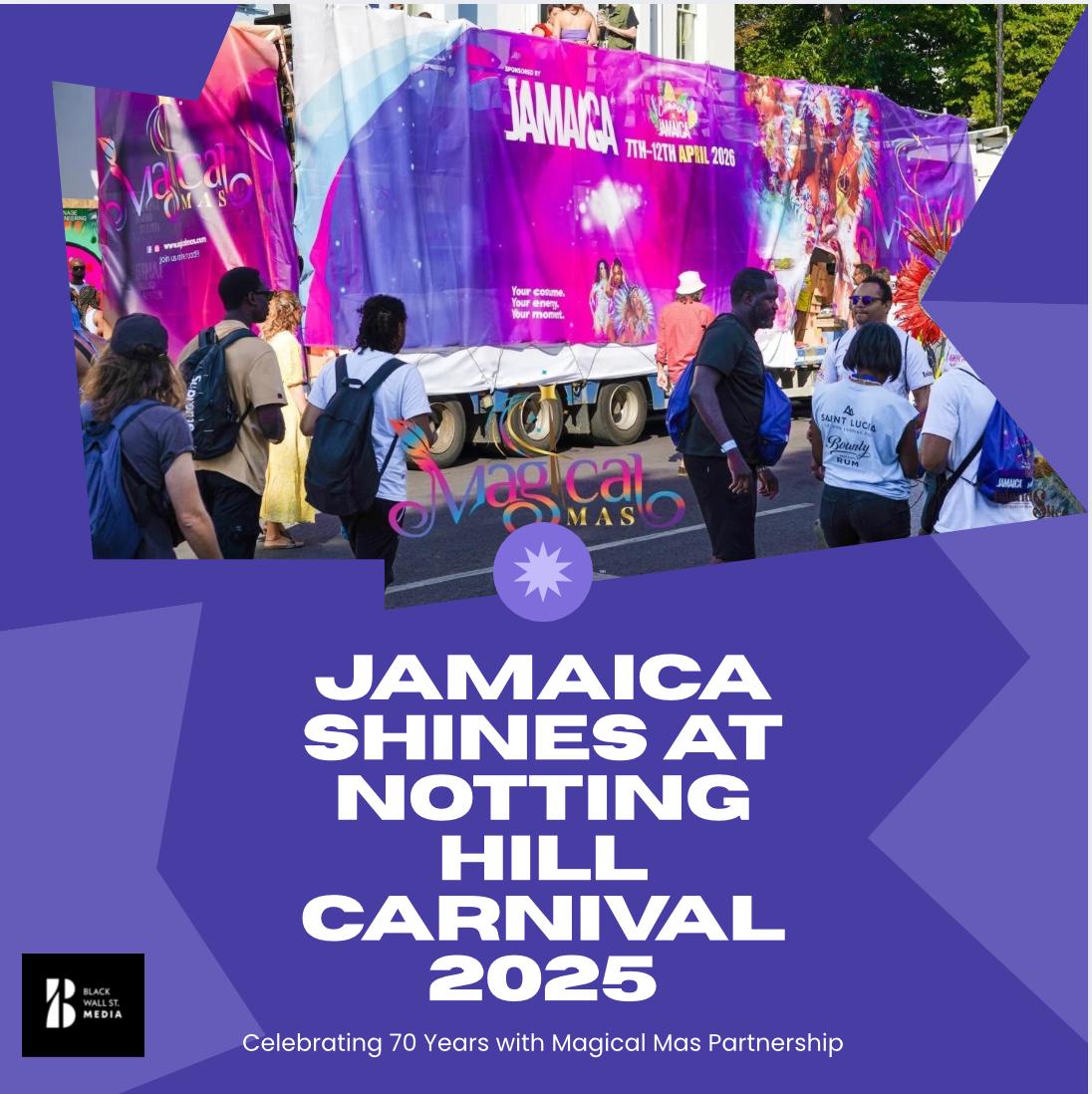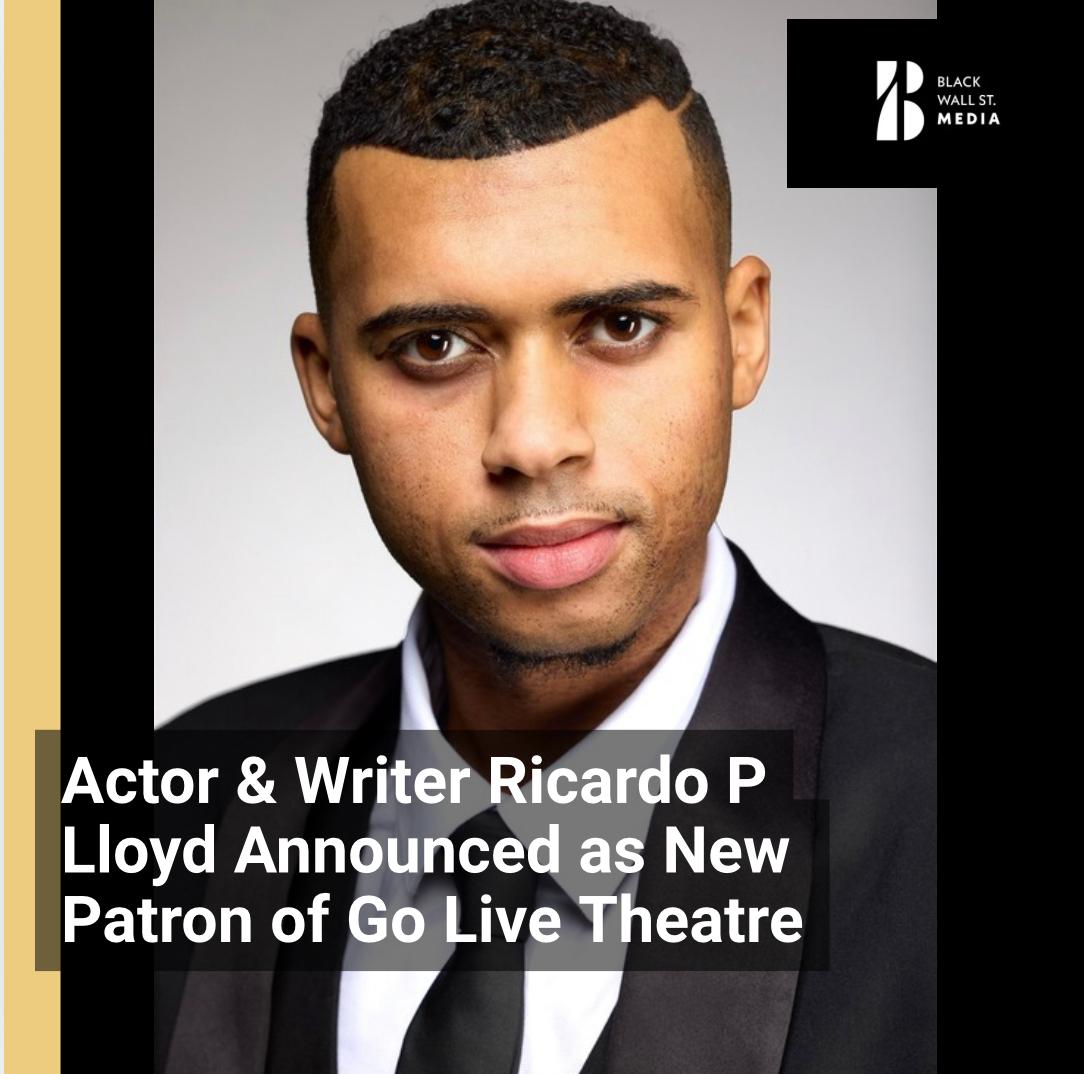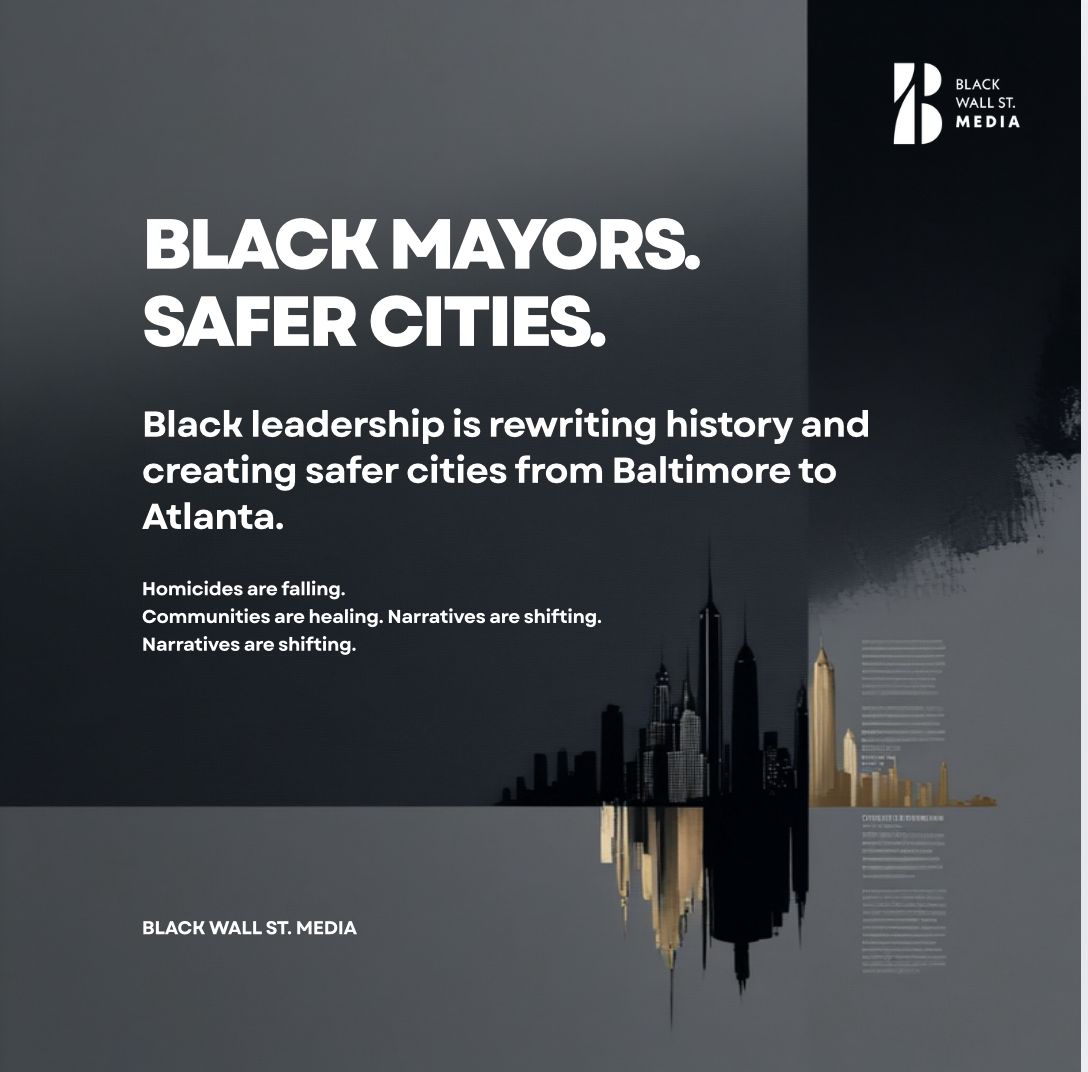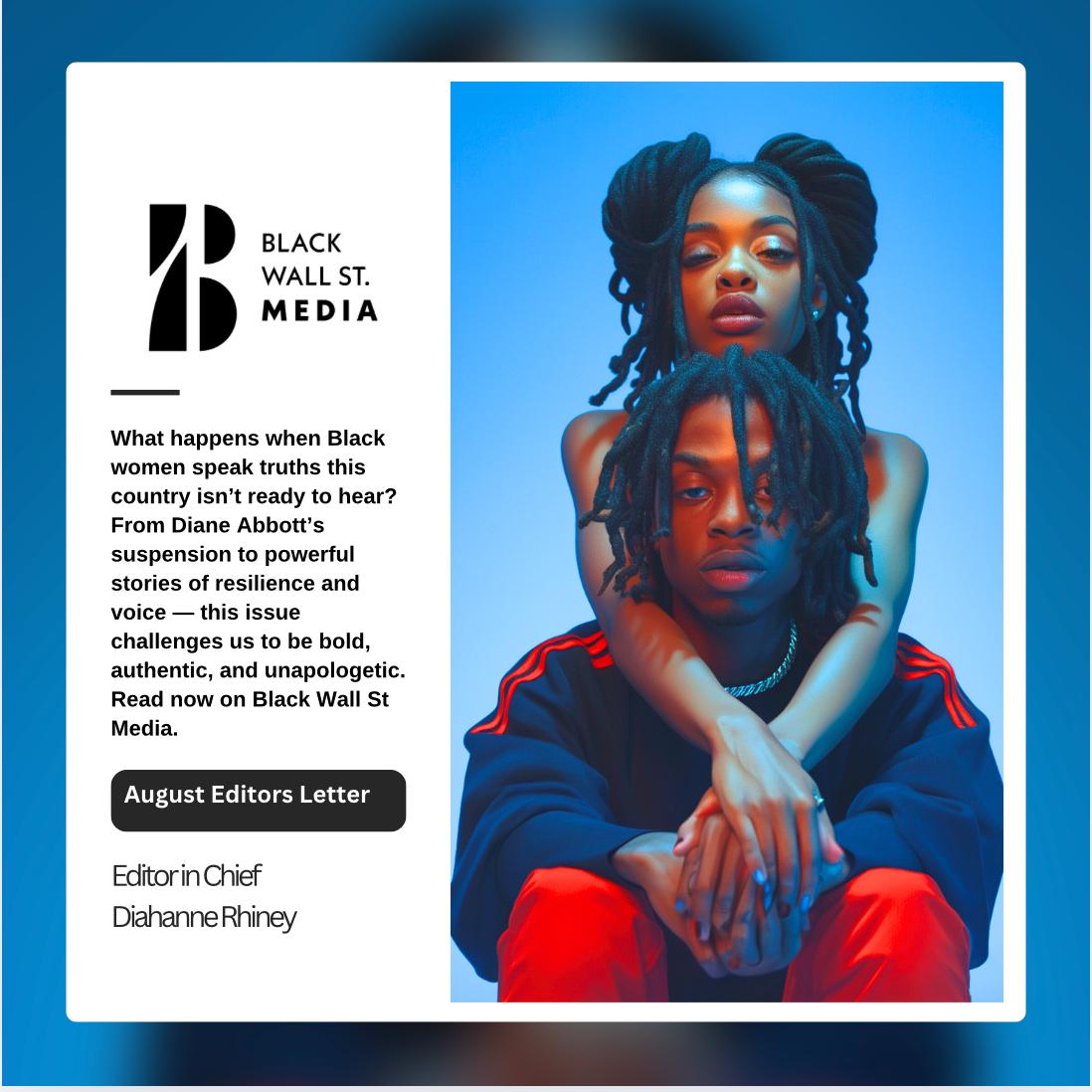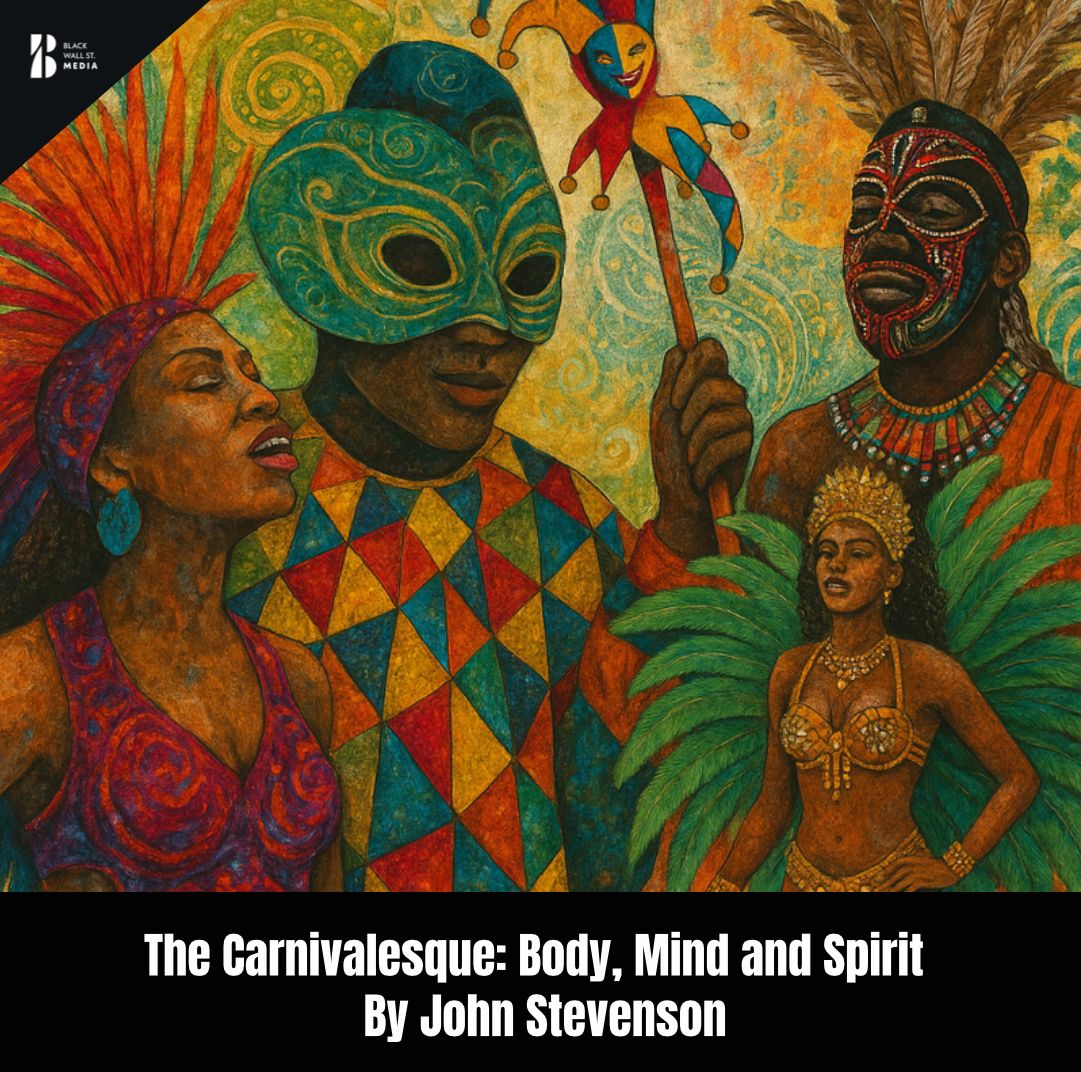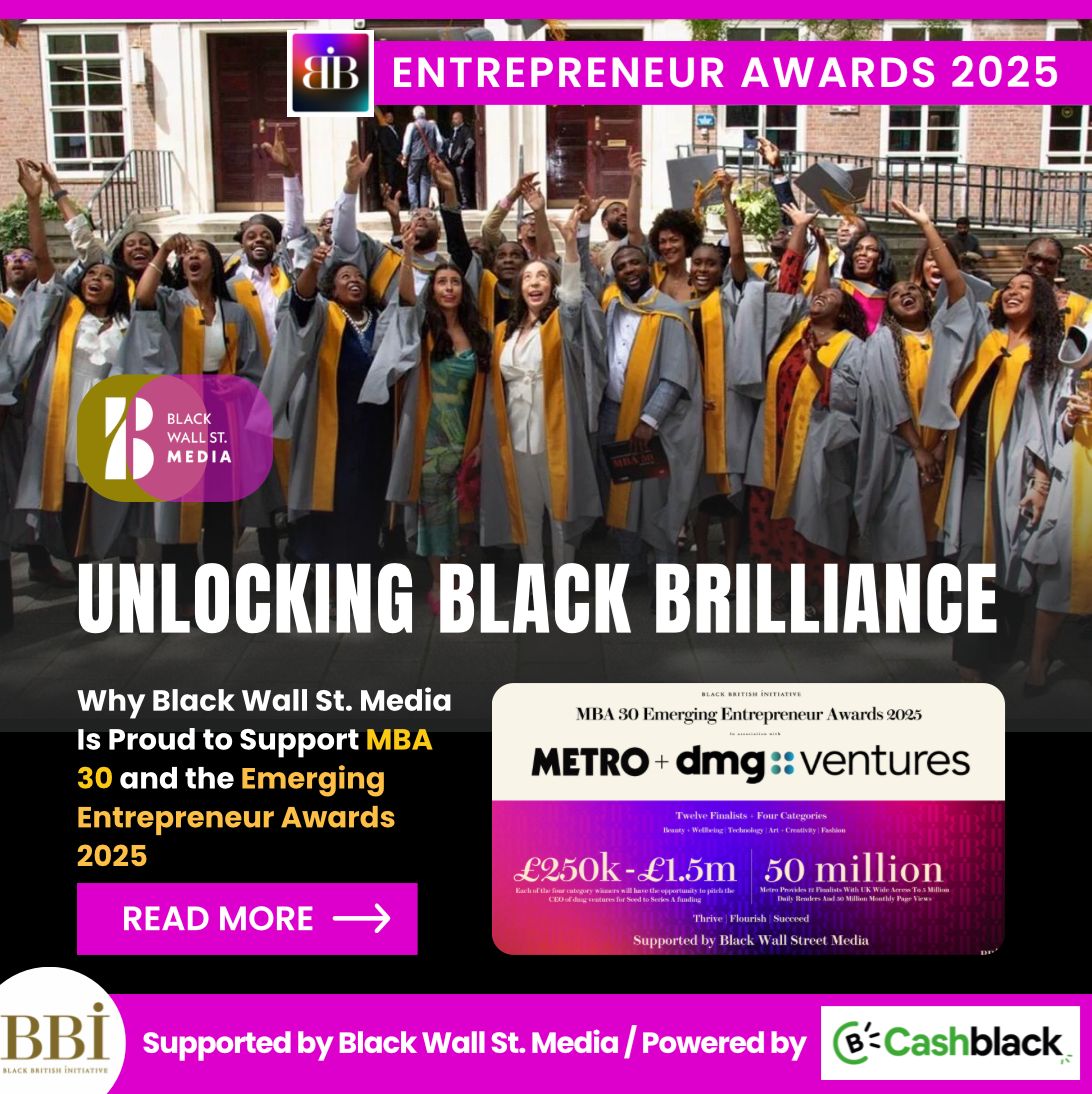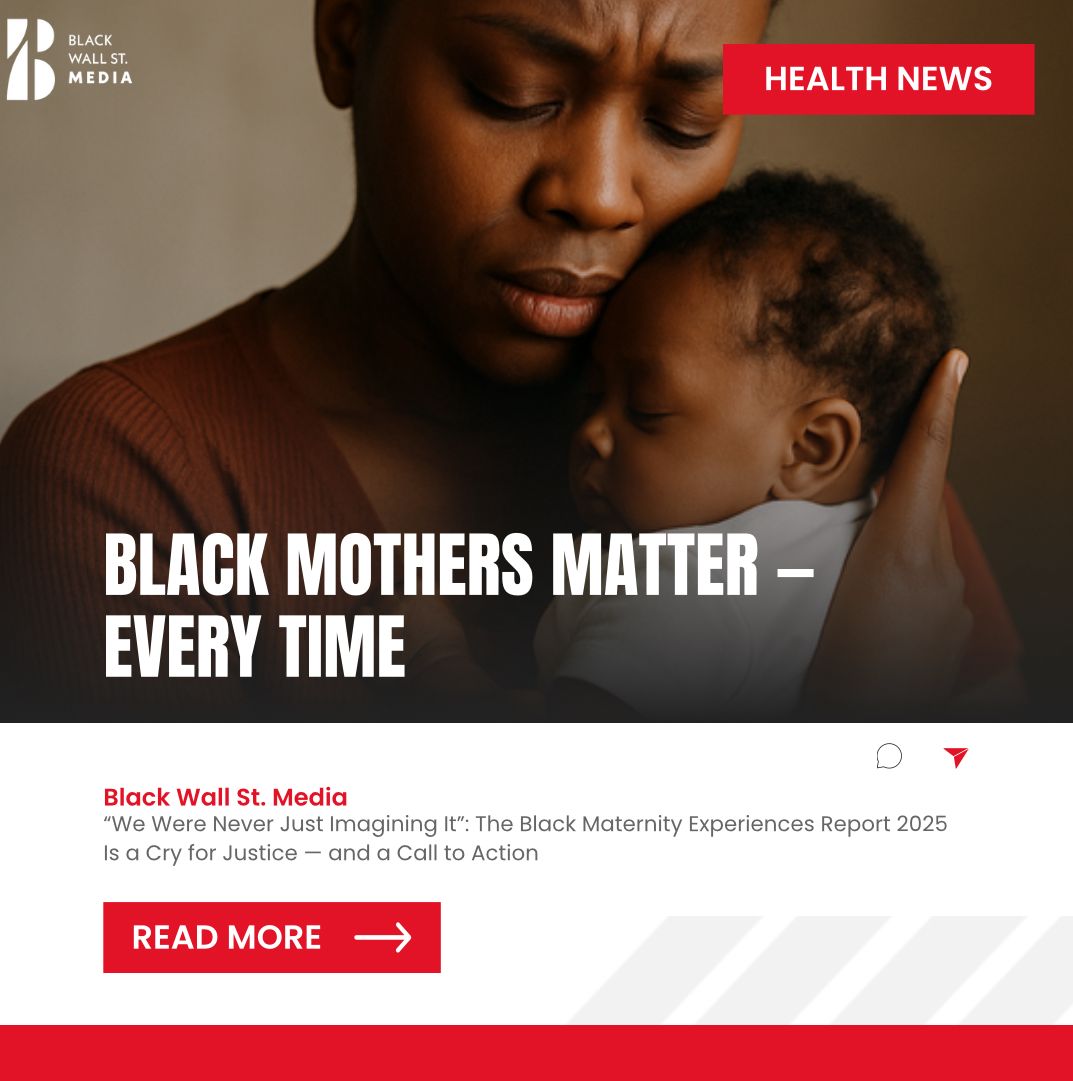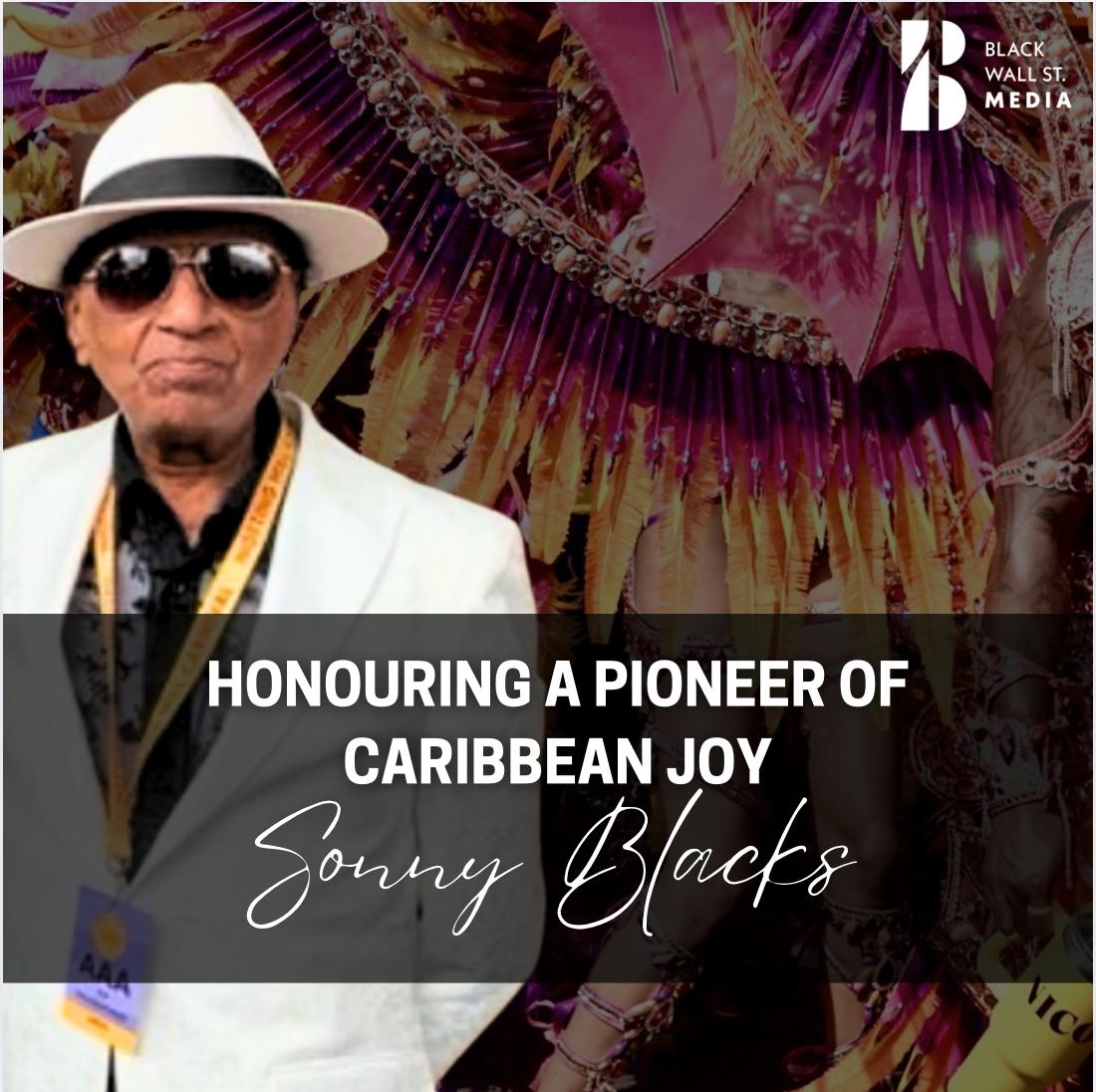Social Justice Commentary
Building a World Where We Can All Breathe
“Five years ago, George Floyd’s final words shook the world: “I can’t breathe.”
BWSMCONTRIBUTOR
Today, we reflect—not just to remember, but to ask: What has changed? What are we still building?
In his name, we continue the work—for justice, for dignity, for a world where we can all breathe.”
Five years ago, the world changed.
On 25 May 2020, George Floyd was murdered in broad daylight by a police officer in Minneapolis.
The video was harrowing. The sound of his voice—pleading, gasping, calling for his mother—became etched into our collective consciousness. His final words, “I can’t breathe,” came to symbolise a much larger truth: the suffocation of Black lives under the weight of systemic racism and unchecked power.
Millions marched. Millions wept. For a moment, it felt as though the world had stopped to truly see. Statues of slave traders were torn down. Institutions pledged to do better.
Diversity statements were printed in bold. The phrase Black Lives Matter appeared in public spaces where once only silence lived. But five years on—what do we make of it all?
What Has Changed?
Did the movement bring real transformation, or did it dissolve back into business as usual?
Have those bold statements turned into lasting structural reform?
And beyond the speeches and murals, what has truly shifted for the people most affected—those navigating racism every day in housing, education, employment, healthcare, and the criminal justice system?
For many, there is a deep weariness—a knowing that history has a pattern of spotlighting pain without addressing its root. But there is also something else: persistence.
Quiet, steady, powerful. In community centres, in youth groups, in the classroom, in the art studio—there are people still building, still questioning, still creating a different way forward. That work is not always loud, but it is lasting.
What Does It Mean to Honour George Floyd?
To honour George Floyd is not simply to speak his name, but to ask ourselves: How am I showing up?
Where am I placing my energy?
What am I willing to examine within myself, my community, my institutions?
His life mattered. His death shook the world. But mourning is not enough. Reflection must lead to action.
Do we still believe in the possibility of change? Are we willing to be uncomfortable if it brings about justice?
Do we understand that real transformation is slow, generational, and often unseen? Can We Still Breathe?
“I can’t breathe.” It wasn’t just George Floyd. It was a cry shared by so many.
And so the question lingers:
Can we breathe now?
Breathing is more than the absence of violence—it is the presence of dignity, safety, joy. It is the right to rest, to hope, to imagine a future not shaped by fear or survival. Are we creating that world, even in small ways?
Are we making space for one another to exhale? A Moment Becomes a Movement There is still time. To course-correct. To recommit. To dig deeper.
Movements are not built in moments, and justice is not a straight path. But if George Floyd’s death taught us anything, it is that silence is complicity, and that action—when rooted in love and courage—can move mountains.

